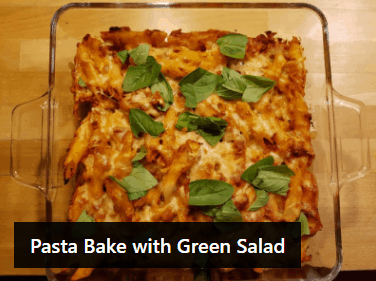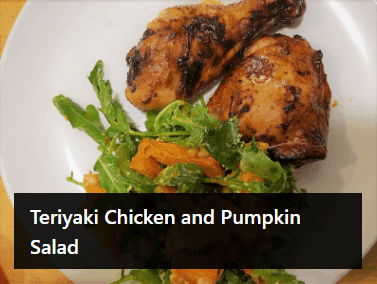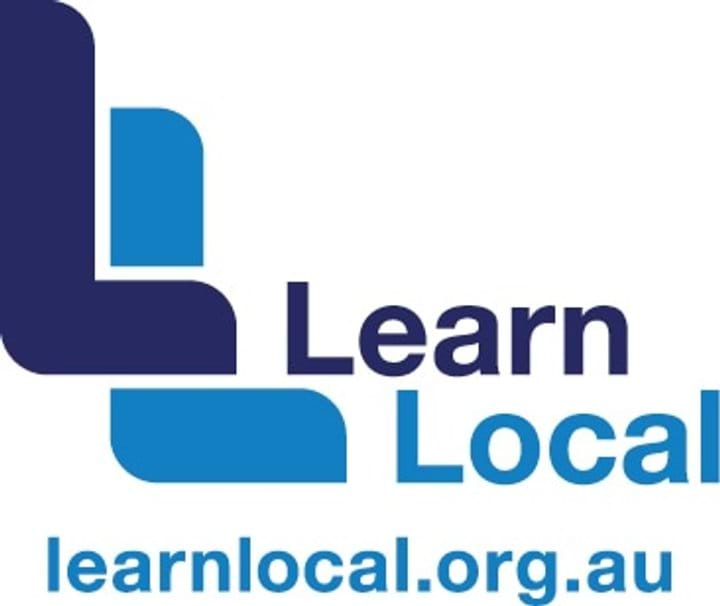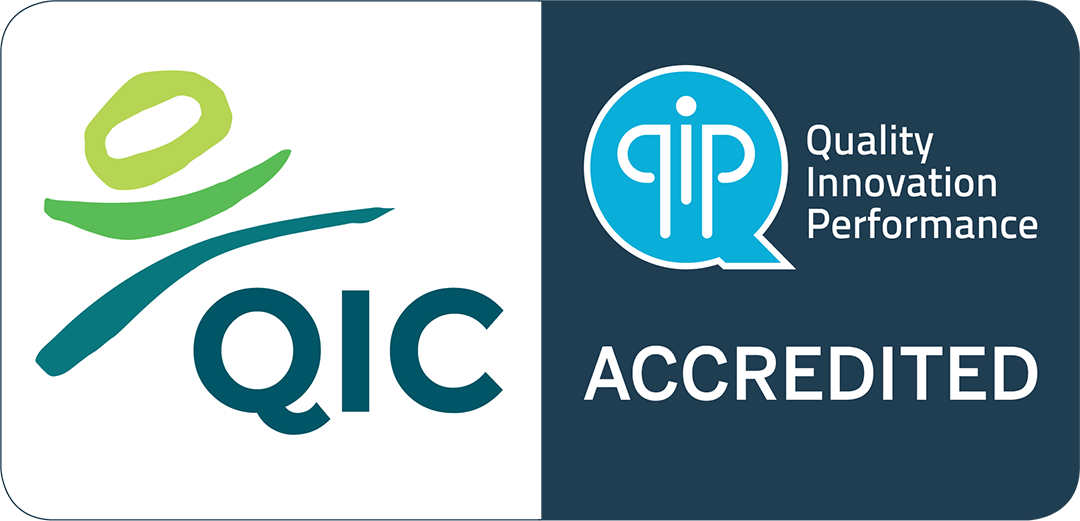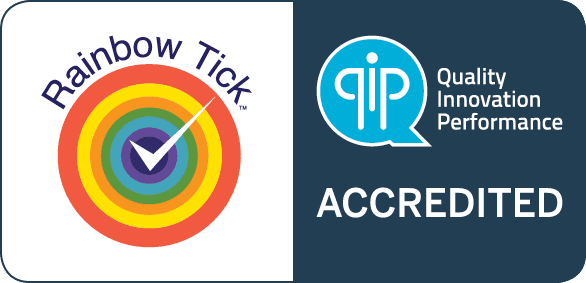Food as Medicine at Windana
Have you noticed how the food you eat can affect how you feel physically and emotionally? Too many highly processed, high sugar foods can leave you feeling sluggish and moody, while meals with lots of fresh whole foods can leave you feeling full of energy for hours after you’ve eaten.
Research and evidence from around the world shows that what we eat and drink has a significant impact on how our mind and body feels. And for people recovering from problematic alcohol and drug use food can play an important part in their recovery, including learning the difference between cravings for a substance and cravings for food.
Windana’s Food as Medicine program is in place across all our adult, youth, short and long-term residential facilities. Maryknoll TC implements the full program, while we do an abridged version in the Grampians TC, Drug Withdrawal House and our Youth Community House.
What does the Food as Medicine program involve?
The program supports and educates clients and residents about how they can use nutritious foods to support their recovery, and overall health and wellbeing. The program also informs the food and drink we cook and serve at all our residential sites, where:
- Meals and snacks are made from the best quality whole foods affordable – think fresh fruits and vegetables, whole grains, lean meats, fish etc – as close to their natural state as possible.
- Meals are balanced in proteins (from animal and plant sources), complex carbohydrates (from whole grains, legumes and pulses) and healthy fats and oils (monounsaturated and polyunsaturated fats).
- Minimal added-sugars and processed foods are used.
- If using processed foods, we make sure they have minimal additives, preservatives and flavourings.
- There’s a strong focus on eating food that’s in season and using produce that’s grown on-site wherever possible.
- Education is a big part of the program, making sure clients and residents have the information, skills and knowledge they need to choose the best food and drink options for their recovery.
Residents and clients can don their aprons to take part in planning and preparing all the meals. One-on-one Natropathic Consultations also provide individualised advice and education.
The Food as Medicine program is also available outside of our short and long-term residential services. We run health groups with some of our partner organisations, often via Family Program – with Winja and Bridgehaven in more recent non COVID times. These including practical shopping tips, how to feed your family meals based around wholefoods while on a budget, and meal planning.
What about caffeine and refined sugar?
Food and drink containing caffeine and refined sugar (Eg. white sugar, the added sugar in processed foods etc) are limited as people detox and recover at Windana. Consuming caffeine and refined sugar can add to anxiety, disrupt sleep patterns, and in some cases become a substitute for the substance someone is detoxing or recovering from.
By reducing, and sometimes removing, caffeine and refined sugars from their diets, clients and residents reduce the pressure on their bodies which gives them the best chance to heal.
Food as Medicine at Windana
Have you noticed how the food you eat can affect how you feel physically and emotionally? Too many highly processed, high sugar foods can leave you feeling sluggish and moody, while meals with lots of fresh whole foods can leave you feeling full of energy for hours after you’ve eaten.
Research and evidence from around the world shows that what we eat and drink has a significant impact on how our mind and body feels. And for people recovering from problematic alcohol and drug use food can play an important part in their recovery, including learning the difference between cravings for a substance and cravings for food.
Windana’s Food as Medicine program is in place across all our adult, youth, short and long-term residential facilities. Maryknoll TC implements the full program, while we do an abridged version in the Grampians TC, Drug Withdrawal House and our Youth Community House.
What does the Food as Medicine program involve?
The program supports and educates clients and residents about how they can use nutritious foods to support their recovery, and overall health and wellbeing. The program also informs the food and drink we cook and serve at all our residential sites, where:
- Meals and snacks are made from the best quality whole foods affordable – think fresh fruits and vegetables, whole grains, lean meats, fish etc – as close to their natural state as possible.
- Meals are balanced in proteins (from animal and plant sources), complex carbohydrates (from whole grains, legumes and pulses) and healthy fats and oils (monounsaturated and polyunsaturated fats).
- Minimal added-sugars and processed foods are used.
- If using processed foods, we make sure they have minimal additives, preservatives and flavourings.
- There’s a strong focus on eating food that’s in season and using produce that’s grown on-site wherever possible.
- Education is a big part of the program, making sure clients and residents have the information, skills and knowledge they need to choose the best food and drink options for their recovery.
Residents and clients can don their aprons to take part in planning and preparing all the meals. One-on-one Natropathic Consultations also provide individualised advice and education.
The Food as Medicine program is also available outside of our short and long-term residential services. We run health groups with some of our partner organisations, often via Family Program – with Winja and Bridgehaven in more recent non COVID times. These including practical shopping tips, how to feed your family meals based around wholefoods while on a budget, and meal planning.
What about caffeine and refined sugar?
Food and drink containing caffeine and refined sugar (Eg. white sugar, the added sugar in processed foods etc) are limited as people detox and recover at Windana. Consuming caffeine and refined sugar can add to anxiety, disrupt sleep patterns, and in some cases become a substitute for the substance someone is detoxing or recovering from.
By reducing, and sometimes removing, caffeine and refined sugars from their diets, clients and residents reduce the pressure on their bodies which gives them the best chance to heal.

